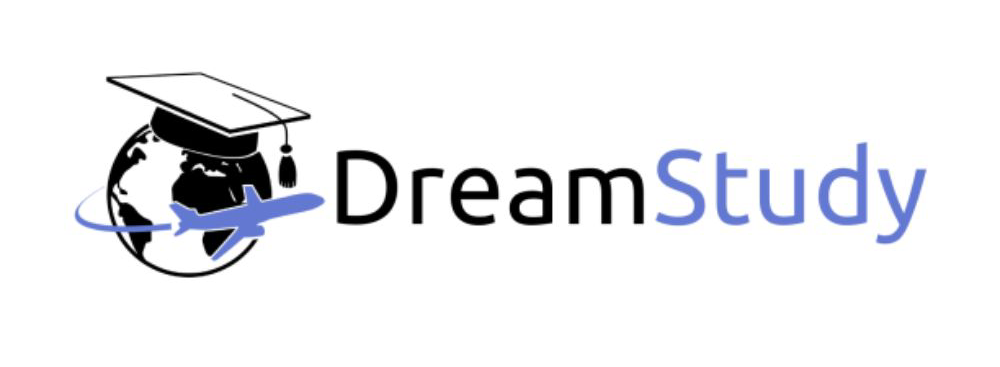DOCTORAL DEGREE
Set long-term career goals, improve and challenge your knowledge, and contribute towards your study field with BUI Ph.D. Programs.

DUAL PH.D. DEGREE FROM UNIVERSITÉ GRENOBLE ALPES
“The Knowledge Management and Innovation Management (KIM) Ph.D. program is designed to produce researchers, academics and professionals able to study and develop new knowledge, theories and tools in these relatively young and promising academic disciplines.”
For certain of its scientific specialties, the Université Grenoble Alpes is already ranked in the top 100 and top 200 universities in prominent international rankings (Reuters, Shanghai, Times Higher Education, and QS, for example). Due to the obvious strength of its research and the numerous pedagogical innovations it has implemented, the UGA competes with the greatest universities in the world. Qualified candidates interested in pursuing a dual Ph.D. in management with the University of Grenoble Alps (UGA) will be able to do so by having one of their co-advisers from the UGA and spending at least one year working with the UGA research team in France over the course of three years.
PhD students will submit a proposal to the UGA after their first year at BU. They will be admitted to the UGA’s Ph.D. program if their research proposal is accepted.
Both advisers (UGA and BU) will be present during the dissertation defense in France, and if the students succeed, they will be awarded a Ph.D. in Knowledge Management and Innovation Management from Bangkok University, as well as a Ph.D. in Management from the UGA (degree granted by the French Ministry of Education).
DOCTORAL DEGREE
01 Doctor of Philosophy Program in Knowledge Management and Innovation Management
02 Doctor of Philosophy in Communication Arts
03 Doctor of Philosophy Program Electrical and Computer Engineering (Research Program)

PH.D IN KNOWLEDGE MANAGEMENT AND INNOVATION MANAGEMENT
This research-based Doctoral degree program is designed to prepare students for today’s “knowledge-based economy.” The emphasis is on how to effectively transform knowledge embedded in one’s organization into business-valued innovations. We can now do business with people all over the world as the planet gets smaller, owing to technological advancement. Consequentially, forming a commercial relationship or establishing a partnership is another important factor in the growth of a company. Students in this PhD program are then allowed to pursue another doctoral degree at Telecom Ecole de Management in France to better keep up with this present and future business trend.
D.ENG. IN ELECTRICAL AND COMPUTER ENGINEERING
THESIS AND RESEARCH TOPICS
- Optical Communications
- Software Defined Communication Systems
- Embedded Systems
- Image Processing
- Nano Technologies
- Sensor Networks
- Multimedia
SEMESTER PERIOD
Semester 1
August – December
Semester 2
January – May
Summer Semester (if applicable)
June – July
D.ENG. IN ELECTRICAL AND COMPUTER ENGINEERING
CURRICULUM
Doctor of Engineering in Electrical and Computer Engineering is research-based program. Despite the fact that the program is a research program, students are given some foundation courses such as research methods, seminar, or other related courses. Students must also participate in academic events such as academic conferences, symposiums, workshops, seminars, and other similar activities.
The PhD program in Electrical and Computer Engineering is divided into two paths based on the students’ previous degrees.
Track 1: For students holding master degree level
Total Credits 48 Credits
- Fundamental and Basic Topics (no credits)
- Research Methodology, Seminars
Track 2: For students holding Bachelor degree level
Total Credits 72 Credits
- Fundamental and Basic Topics (no credits)
- Research Methodology, Seminars

The students must meet the following requirements to graduate with the M.Eng in Electrical and Computer Engineering
1. Completion of all the required courses of the program
2. Pass all the required Examination (Candidacy, Proposal, and Final Defense)
3. Pass the English qualification test as specified in the program.
4. Have at least two publications in national or international journals (with peer reviews) in the well-known databases, i.e., ISI,
SciMargo, Elsevier, etc.

